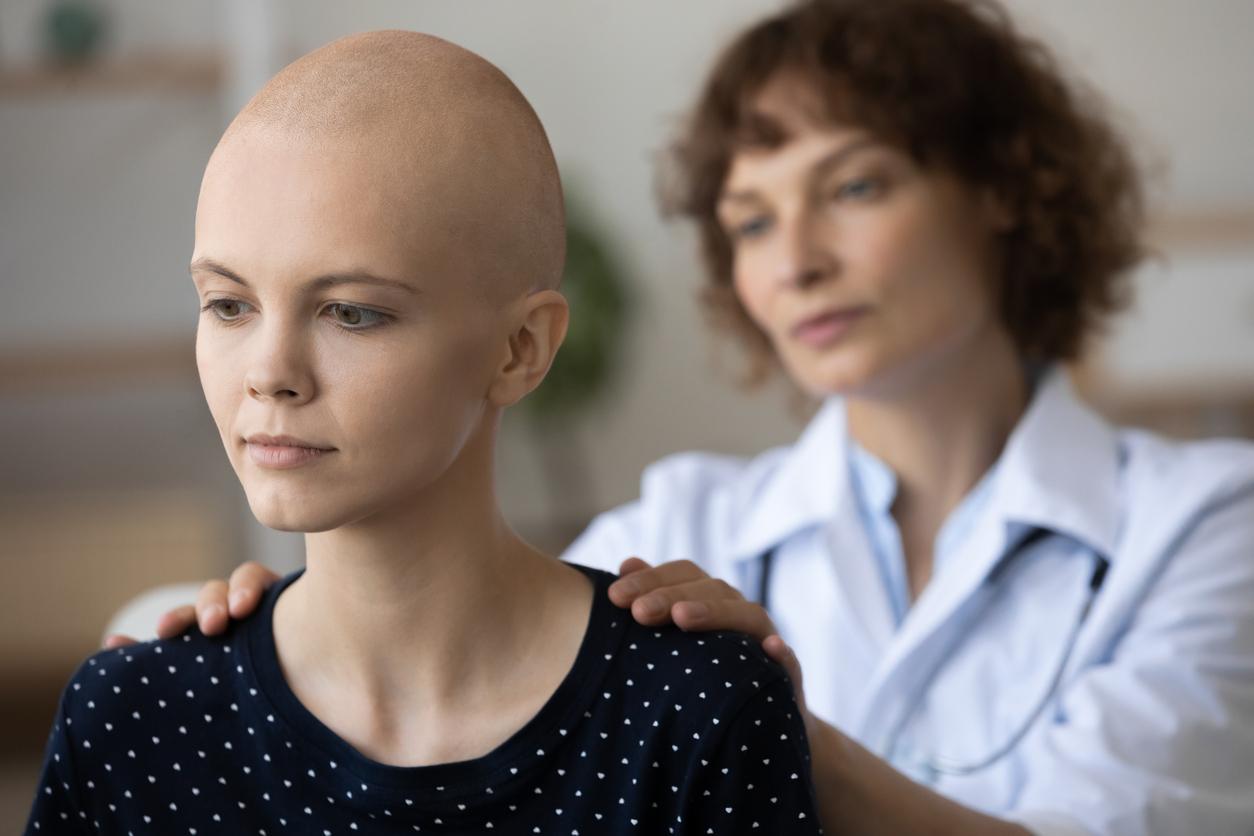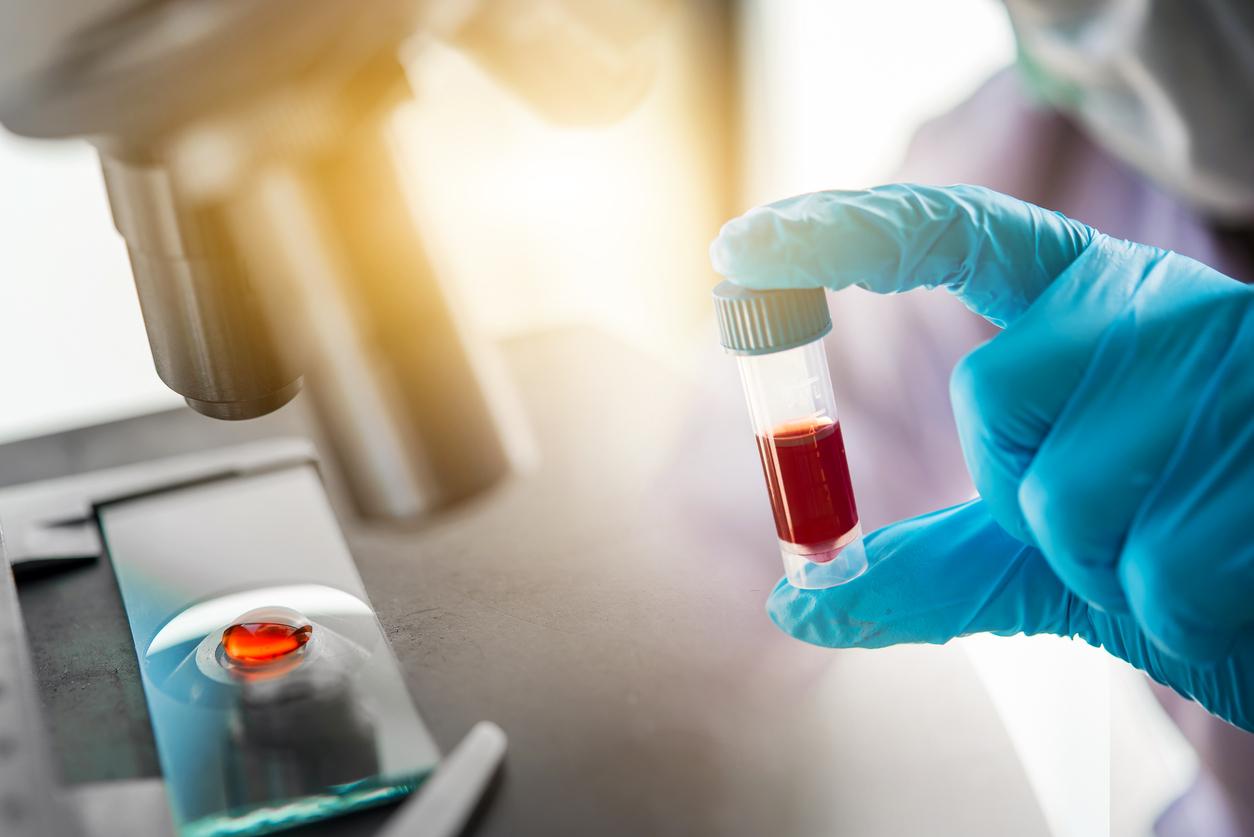Are the French (really) well informed about cancer? On the occasion of World Cancer Day this February 4, the National Cancer Institute has published the 4th Cancer Barometer, to take stock of the behavior of the French in the face of the disease. The finding? Very (too) many preconceived ideas continue to circulate and have even increased since the last edition of the Barometer published in 2015.
At the top comes the idea that “cancer is hereditary”: the proportion of French people who believe in it has gone from 61.0% in 2015 to 67.7% in 2021, when in reality, only 10% of cancers have genetic origins. But other statements are more worrying: 23.5% of 15-85 people think that drinking a little wine every day reduces the risk of cancer, more than not drinking it at all. Obviously a completely false statement.
I’@Institute_cancer publishes in partnership with @SantePublicFr the 4th #CancerBarometer on the occasion of the #WorldCancerDay. Realized every 5 years, this Barometer allows us to understand the attitudes and behaviors of the French towards cancer ➡️https://t.co/jrpiS2IGMrpic.twitter.com/0OnPL1raaM
– National Cancer Institute (@Institut_cancer) January 30, 2023
Although cancer is still perceived as a serious disease, the French are well aware of certain risk factors: 91.9% of them consider alcohol consumption as a factor compared to 78.4% in 2015. 69.2 % of French people also continue to reject the idea that nothing can be done against cancer. And they are right: almost 40% of cancers are preventable by modifying certain aspects of our way of life. Hence the need to accelerate both prevention and detection. But according to the Barometer, widespread testing rates are well below what should be:
- Only 43% of people aged 50 to 74 are up to date with their colon cancer screening;
- 33.4% of men declared having already undergone a screening examination for prostate cancer, ie 18.2 points less than in 2010;
- 68.8% of women aged 50 to 74 say they are up to date with breast cancer screening. If it is a majority of women, the figure is nevertheless 18.7 points lower than in 2010.
What are the risk factors for cancer?
In September 2022, the National Cancer Institute had already launched a prevention campaign to inform the general public about the main cancer risks. “If we know that nearly half of cancers could be avoided by acting on our behavior and lifestyle, taking action seems more complex to operate as soon as the benefit is not immediate.“, indicated the institute in a press release.
Understanding the link between our daily habits and the risk of the occurrence of cancer could be the first step to better protect ourselves. If the impact of tobacco and alcohol consumption are well known to all, that of an unbalanced diet or a lack of activity still seems unclear.
How are cancers caused? Every day in our body, new cells are born and replace damaged ones, a process that allows the body to eliminate small cancerous formations. Nevertheless, repeated exposure to a risk factor can damage the DNA of each of them, and so they can no longer eliminate the defective cells. This is how tumors are formed. By limiting exposure to these risk factors, we maintain every chance of maintaining good health.
The National Cancer Institute was already insisting on screening, a “chance to identify cancer as soon as possible to treat it at an early stage and thus increase the chances of recovery“. In France, three national screening programs exist for cancer of the breast (by mammography every two years), of the colon (test carried out at home then colonoscopy if the test is positive) and of the cervix (every three years between 25 and 30 and then every five years between 30 and 65). 90% of cervical cancers could be prevented through screening.
Sources:
- Cancer Barometer 2021, National Cancer Institute
- Press release, National Cancer InstituteSeptember 9, 2022
- Acting for your health against cancer risks, National Cancer Institute





























